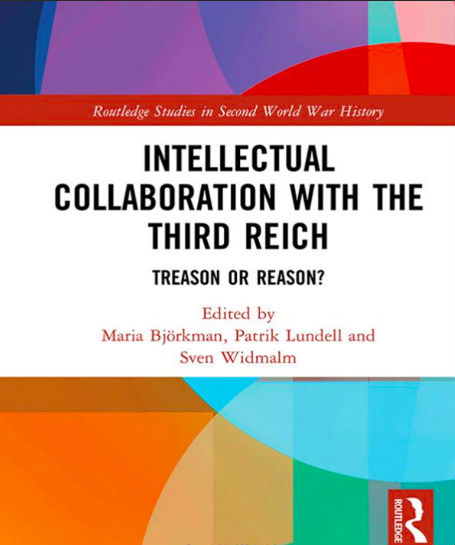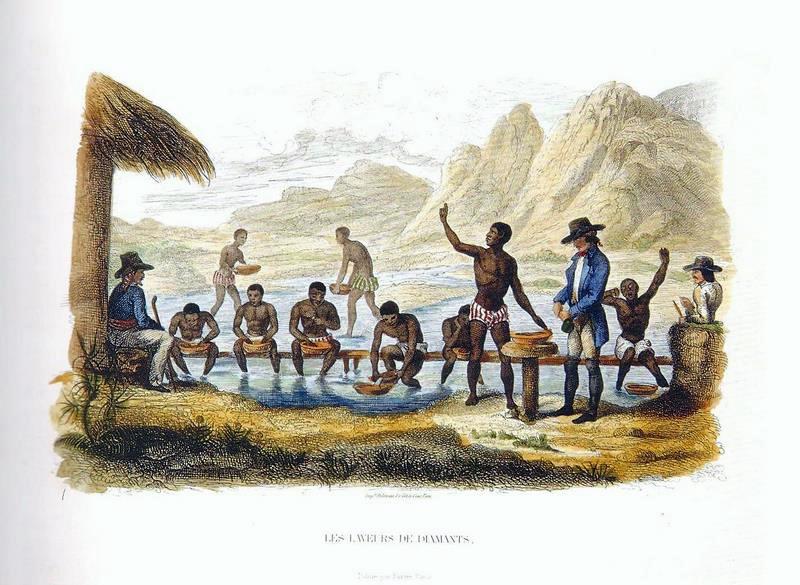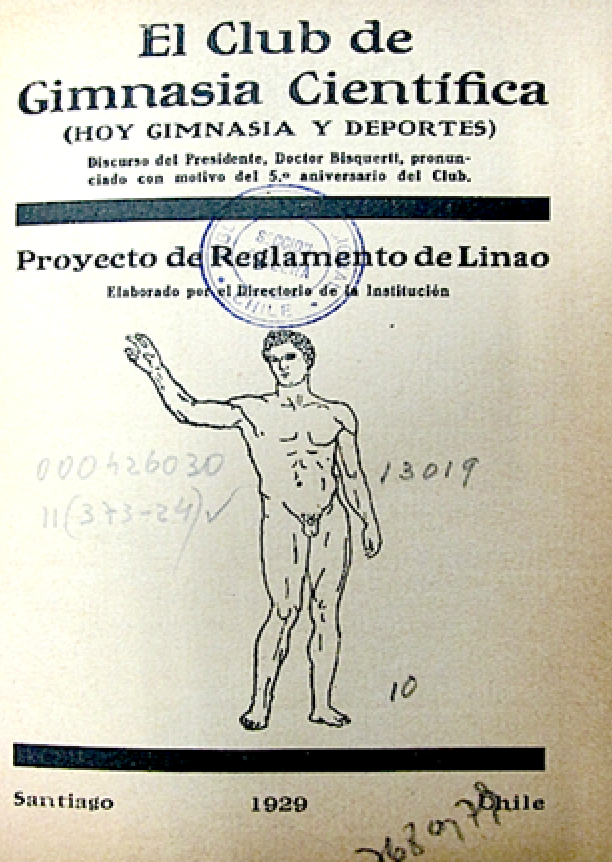January, 2021
A little-studied multilateral organization – the International Labor Organization – comes to life in the discussion on the origins of universal health care.
The article Universal health coverage as a global public health goal, by Martin Gorsky, Professor and researcher at the London School of Hygiene and Tropical Medicine, and Christopher Sirrs, Research Fellow at the Department of History of the University of Warwick, examines the efforts of the International Labour Organisation (ILO) to extend medical care under social security through international conventions, advocacy and technical assistance.

58th International Labor Conferece, June 1973, ILO historical archives.
Launched in 1919, the ILO grew from the peace settlement that followed the First World War and some motivations, such as the impetus for social reform arising from the labour movement.
We asked Martin Gorsky a few questions about ILO’s contributions to global health, the organization’s power in a neoliberal era, and its role in the Covid-19 pandemic.
What are the main contributions of the International Labour Organisation (ILO) to the area of Global Health during the past few decades?
The ILO’s importance to global health throughout the 20th century was to lobby and advise member governments on behalf of workers in two areas: first health and safety in the workplace, and second universal health coverage and access to medical care, either under regulated health insurance or tax-based social security. Through conventions and technical advice, they have therefore helped the development of medical coverage within welfare states.
Has neoliberalism and its little regard for workers’ rights affected the principles of the ILO?
In the neoliberal era the power of the ILO has been much diminished. Trade union membership has fallen across the world, and the leverage of national labour movements has declines, and employers have, with government support, offshored labour to cheaper, non-unionised settings. Thus, while the principles of the ILO remain the same, in practice it now concentrates more on protecting the basic workplace health and safety rights, rather than aiming for the more expansive rights of universal health coverage.
Has ILO played an important role in the response to pandemics (COVID-19 or any previous one)?
Its role has not been great with respect to epidemic diseases, which at the UN is more the province of the World Health Organisation. In the COVID-19 pandemic it has been more concerned to infirm and support governments in improving the condition of workers at the sharp end, such as in transport or in care homes, and it also has given advice about hygiene in the workplace. But again it is the WHO which has been most concerned with monitoring and scientific advice to governments.
How to cite this post:
GORSKY, M. The International Labor Organisation (ILO) and universal health coverage.
In: Revista História, Ciências, Saúde – Manguinhos (Blog). Published on January, 28th, 2021. Accessed in [date].
Related articles in Manguinhos:
Estrada Orrego, Victoria, Gallo, Oscar and Márquez Valderrama, Jorge. Retórica de la cuantificación: tuberculosis, estadística y mundo laboral en Colombia, 1916-1946. Hist. cienc. saude-Manguinhos, Jun 2016, vol.23, no.2
La salud laboral en el siglo XX y el XXI El libro discute los problemas de la relación entre salud y mundo laboral de los trabajadores latinoamericanos.
Pires-Alves, Fernando A. and Maio, Marcos Chor. Health at the dawn of development: the thought of Abraham Horwitz. Hist. cienc. saude-Manguinhos, Mar 2015, vol.22, no.1
Dossier The meaning(s) of global public health history (HCSM, June 2020)










